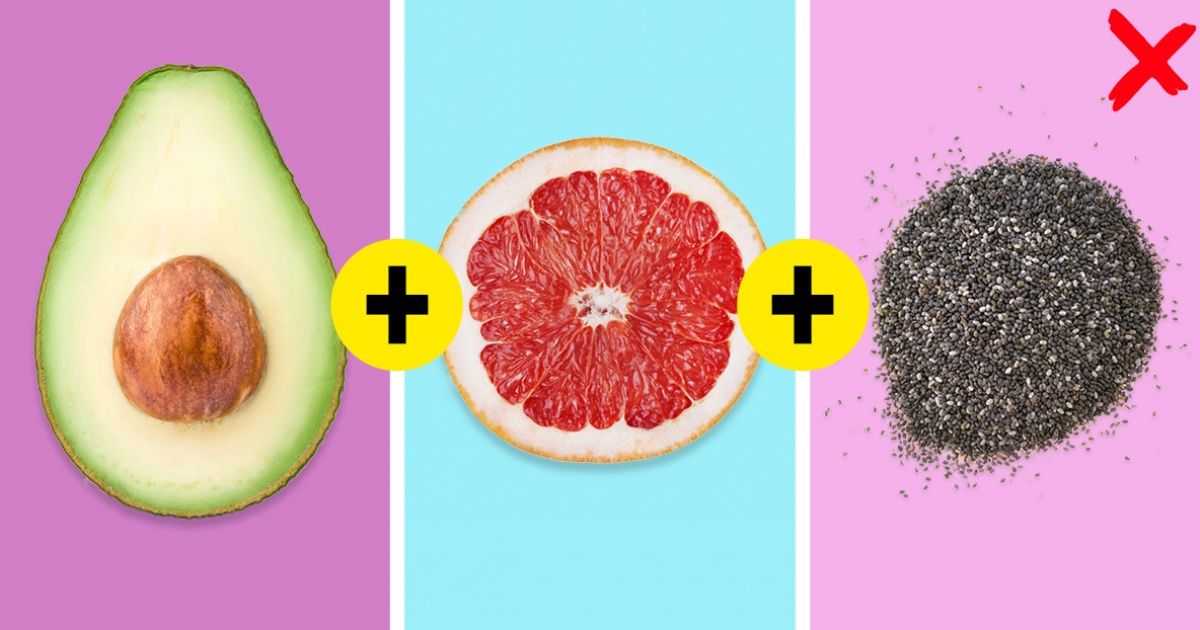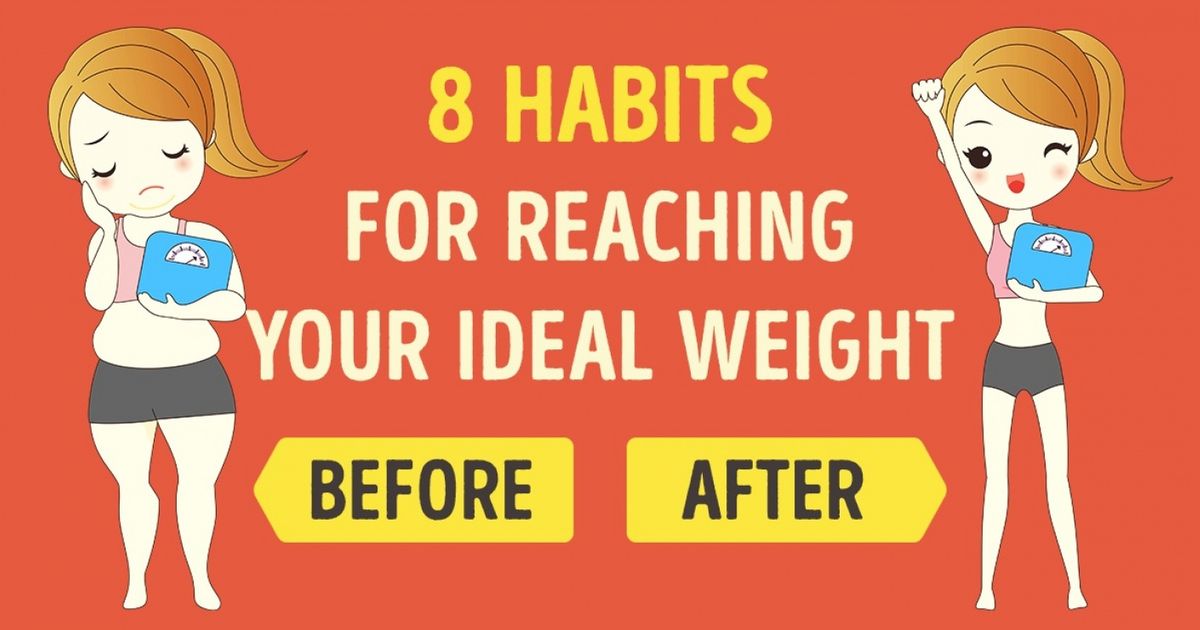Our stomachs are delicate instruments that require proper care to function optimally. Engaging in certain activities on an empty stomach can trigger discomfort, disrupt digestion, and even impact your overall health. In this comprehensive guide, we’ll explore 7 Things You Shouldn’t Do on an Empty Stomach and explain the reasons behind these recommendations. By understanding the effects of these habits, you can make informed choices that support a healthier digestive system and overall well-being.
In today’s fast-paced world, many people skip breakfast or delay eating due to busy schedules, inadvertently setting themselves up for discomfort later in the day. Whether it’s a strong cup of coffee, a bout of intense exercise, or even a heated argument, our body’s response on an empty stomach can be unpredictable and sometimes harmful. Drawing insights from reputable sources like Harvard Health Publishing and Mayo Clinic, this article outlines why avoiding these common practices is essential for preserving digestive health, preventing acid imbalances, and maintaining mental clarity.
Why Your Stomach Needs Special Care
Before diving into the specific activities to avoid, it’s important to understand why the state of your stomach matters so much. An empty stomach is more susceptible to irritation, acid buildup, and erratic blood sugar levels. These factors can lead to a range of issues, including:
Mood & Energy Fluctuations: Low blood sugar levels can result in irritability, fatigue, and poor concentration.
Acid Reflux & Heartburn: Without food to buffer stomach acid, you may experience discomfort and reflux.
Digestive Disruption: An empty stomach can be sensitive to both chemical and physical stress, making it vulnerable to irritation.
Drinking Coffee on an Empty Stomach

Coffee is a beloved morning ritual for many, but consuming it on an empty stomach can lead to adverse effects.
Potential Issues
- Acid Overproduction: Coffee stimulates acid secretion, which can irritate the stomach lining when no food is present.
- Digestive Discomfort: Increased acidity may cause heartburn, indigestion, or stomach cramps.
- Hormonal Imbalances: Over time, consistently drinking coffee on an empty stomach can disrupt cortisol levels, potentially affecting stress and energy.
Recommendations
- Eat a Light Snack: Pair your coffee with a small, balanced meal like a banana or a handful of nuts to help neutralize acidity.
- Opt for Low-Acid Options: Consider low-acid coffee blends if you must drink coffee first thing in the morning.
For more detailed insights on the effects of coffee on digestion, visit Harvard Health Publishing.
Chewing Gum on an Empty Stomach

While chewing gum may seem harmless, doing so on an empty stomach can trigger unwanted side effects.
Why It’s Problematic
- Increased Acid Production: Chewing gum can stimulate the production of stomach acid, leading to discomfort or even nausea.
- Swallowed Air: The act of chewing can cause you to swallow excess air, which may result in bloating or gas.
- Digestive Disruption: Without food to process, excess acid can irritate the stomach lining, exacerbating acid reflux.
Tips for Avoidance
- Wait Until After a Meal: Save chewing gum for after you’ve had something to eat.
- Hydrate Instead: Drinking water or herbal tea can freshen your breath without triggering acid production.
Learn more about digestive health and acid reflux from the Mayo Clinic.
Going to Bed on an Empty Stomach

Falling asleep on an empty stomach may seem harmless, but it can negatively impact sleep quality and digestion.
Risks Involved
- Nighttime Acid Build-Up: An empty stomach can lead to acid accumulation, increasing the risk of heartburn during the night.
- Disrupted Sleep Patterns: Hunger pangs or low blood sugar levels might disturb your sleep, leading to restlessness or insomnia.
- Muscle Catabolism: Without nutrients available, your body might break down muscle tissue for energy during the night.
Healthy Alternatives
- Small, Nutritious Snack: Consider a light snack such as a small bowl of oatmeal or a piece of fruit before bed.
- Balanced Evening Routine: Aim for a balanced dinner that sustains you through the night to avoid late-night hunger.
For expert advice on sleep and nutrition, check out NIH’s sleep guidelines.
Intense Training on an Empty Stomach

Working out on an empty stomach can be counterproductive and even harmful to your body.
Consequences
- Low Energy Levels: Exercising without fuel can result in low blood sugar, causing fatigue, dizziness, and poor performance.
- Muscle Breakdown: Without pre-workout nutrition, your body may start breaking down muscle protein for energy.
- Increased Risk of Injury: Fatigue and low energy levels increase the likelihood of improper form and injuries during exercise.
How to Prepare
- Pre-Workout Snack: Eat a small, carbohydrate-rich snack about 30 minutes before your workout to boost energy.
- Hydration is Key: Ensure you are well-hydrated before engaging in intense physical activity.
For more on pre-workout nutrition, visit Mayo Clinic’s fitness tips.
Drinking Citrus Juice on an Empty Stomach

Citrus juices, though packed with vitamins, can be harsh on an empty stomach.
What Happens
- High Acidity: Citrus juices like orange or lemon juice are highly acidic and can irritate the stomach lining when consumed without food.
- Digestive Upset: The acid may lead to gastritis, heartburn, or an upset stomach.
- Nutrient Imbalance: Drinking citrus juice without other foods may lead to an imbalance in your stomach’s pH levels.
Better Practices
- Dilute Your Juice: Mix citrus juice with water to lessen its acidity.
- Pair with a Meal: Always drink citrus juice alongside a meal to provide a buffer for your stomach acid.
Learn more about the effects of dietary acids from Cleveland Clinic’s digestive health resources.
Arguing on an Empty Stomach

It may seem odd, but engaging in emotionally charged discussions on an empty stomach can have surprising consequences.
How It Affects You
- Irritability and Low Blood Sugar: When your blood sugar drops, you’re more likely to become irritable and engage in heated arguments.
- Poor Decision-Making: Hunger affects your cognitive functions, leading to impulsive decisions and miscommunication.
- Physical Discomfort: The combination of emotional stress and an empty stomach can cause physical symptoms such as headaches and fatigue.
Tips for Maintaining Calm
- Eat Regularly: Ensure you’re not skipping meals to keep your blood sugar levels stable.
- Practice Mindfulness: Techniques like deep breathing or meditation can help you manage stress and avoid unnecessary conflicts.
For more on managing stress and the effects of hunger on mood, visit Harvard Health Publishing.
Drinking Alcohol on an Empty Stomach

Consuming alcohol without any food in your system can lead to rapid absorption and a host of negative effects.
Dangers
- Increased Absorption Rate: Alcohol is absorbed more quickly on an empty stomach, leading to a faster onset of intoxication.
- Irritation of the Stomach Lining: This rapid absorption can irritate the stomach and lead to gastritis or ulcers over time.
- Impaired Judgment: With no food to slow the absorption, you may experience more pronounced impairment, increasing the risk of accidents and poor decisions.
Safe Drinking Practices
- Always Eat Before Drinking: Consume a balanced meal before consuming alcohol to slow its absorption.
- Moderate Your Intake: Limit the quantity of alcohol to reduce its impact on your stomach and overall health.
For further information on alcohol consumption and digestive health, see guidelines from the Centers for Disease Control and Prevention (CDC).
Tips for Maintaining a Healthy Stomach
Adopting smart eating habits and avoiding these risky behaviors can help protect your stomach and improve overall health. Here are some general tips to keep your digestive system in top shape:
- Eat Regularly: Aim for small, balanced meals throughout the day to maintain stable blood sugar levels.
- Stay Hydrated: Drinking water throughout the day aids in digestion and nutrient absorption.
- Choose Nutrient-Dense Foods: Incorporate a variety of fruits, vegetables, lean proteins, and whole grains into your diet.
- Practice Mindful Eating: Avoid distractions during meals to improve digestion and enjoy your food.
- Manage Stress: Incorporate stress-reducing practices such as meditation, yoga, or deep breathing exercises.
Frequently Asked Questions (FAQs)
Q1: Why is drinking coffee on an empty stomach harmful?
Coffee on an empty stomach increases acid production, which can lead to heartburn, indigestion, and long-term irritation of the stomach lining. For more details, see Harvard Health Publishing.
Q2: Can I ever exercise on an empty stomach?
While light activities like walking might be acceptable, intense training should be preceded by a small, nutritious snack to avoid muscle breakdown and fatigue. More tips can be found at Mayo Clinic.
Q3: What is the best alternative to citrus juice in the morning?
If you crave a morning beverage, consider diluting citrus juice with water or opting for a smoothie that includes fruits with a lower acidity level, combined with a protein source.
Q4: How does arguing on an empty stomach affect my mood?
Hunger can lower blood sugar levels, which in turn affects mood and cognitive functions. This can lead to irritability and an increased likelihood of conflicts. Check out related insights on Harvard Health Publishing.
Conclusion
Your stomach is more than just a food-processing unit—it’s a sensitive system that responds to both what you consume and what you avoid. By steering clear of these 7 habits on an empty stomach—drinking coffee, chewing gum, going to bed, engaging in intense training, consuming citrus juice, arguing, and drinking alcohol—you can significantly reduce the risk of digestive discomfort, mood swings, and long-term health issues.
Implementing these guidelines into your daily routine is a simple yet effective way to safeguard your digestive health. Remember that proper timing and balanced nutrition are key. Whether it’s opting for a light snack before intense exercise or choosing to delay a strong beverage until after breakfast, these small changes can yield substantial benefits.
For more tips on maintaining digestive health and overall wellness, explore our internal resources on Healthy Eating Habits and Stress Management Techniques. Empower yourself with knowledge and make informed choices that lead to a happier, healthier life.









